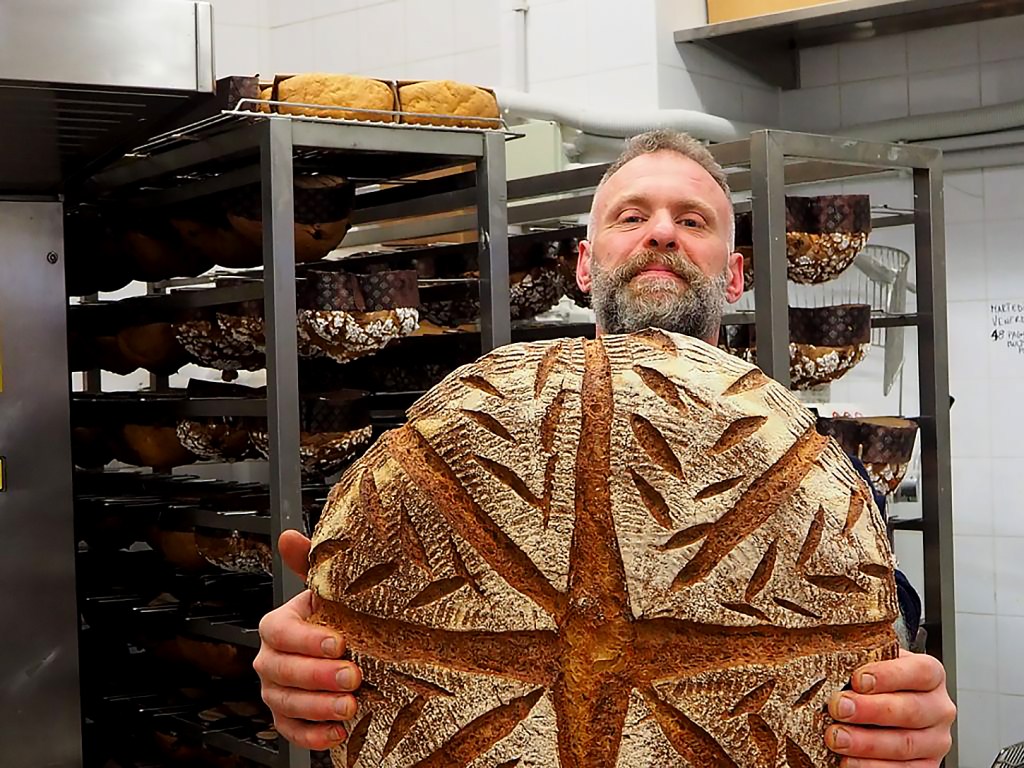In recent years, quinoa has become a fixture of trendy Western diets—thanks in part to the legions of clean-eating Deliciously Ella devotees snapping the protein-rich and gluten-free grain in everything from smoothie bowls to pizza dough.
But the health food could have powers beyond Instagram likes and tasteless pizza. New research claims that quinoa may hold the key to solving the world’s food security crisis.
Videos by VICE
Researchers at the King Abdullah University of Science and Technology (KAUST) in Saudi Arabia announced yesterday that they had successfully decoded the genome sequence for quinoa. The breakthrough means that scientists will now be able to delve into the grain’s DNA and alter genes to breed crops with enhanced quality and yields.
The research, which was published in scientific journal Nature, says that being able to breed stronger, climate-specific quinoa will help farmers keep up with growing global demand for food. The United Nations predicts that the world’s population will grow to 9.7 billion by 2050, with the demand for wheat alone expected to increase by 60 percent.
The KAUST researchers focused on quinoa—already a staple grain in countries like Peru—because it’s a resilient plant, able to withstand poor and salty soil as well as high altitudes. Mark Tester, professor of plant science at KAUST and lead author of the study, explained in a press release how sequencing the genome could make the crop even more hardy.
He said: “One problem with quinoa is that the plant naturally produces bitter-tasting seeds. This is due to the accumulation of chemical compounds called saponins in the seeds. We’ve pinpointed one of the genes that we believe controls the production of saponins in quinoa, which would facilitate the breeding of plants without saponins to make the seeds taste sweeter.”
But is quinoa really the answer to our food security problem? Maybe not.
MUNCHIES reached out to Dr Katie Field from the Centre for Plant Sciences at the University of Leeds. She isn’t so sure that quinoa will help us keep up with growing food demands.
She told us: “Decoding the quinoa genome is really important for crop scientists and plant breeders as it will allow them to start associating some of the beneficial characteristics of quinoa with the genes responsible for those traits. I suspect this isn’t the solution to the world’s food security crisis but it is certainly a positive step forward and may well help secure the supply of quinoa for communities who traditionally rely on it as a staple crop.”
The clean eaters aren’t victorious yet.




